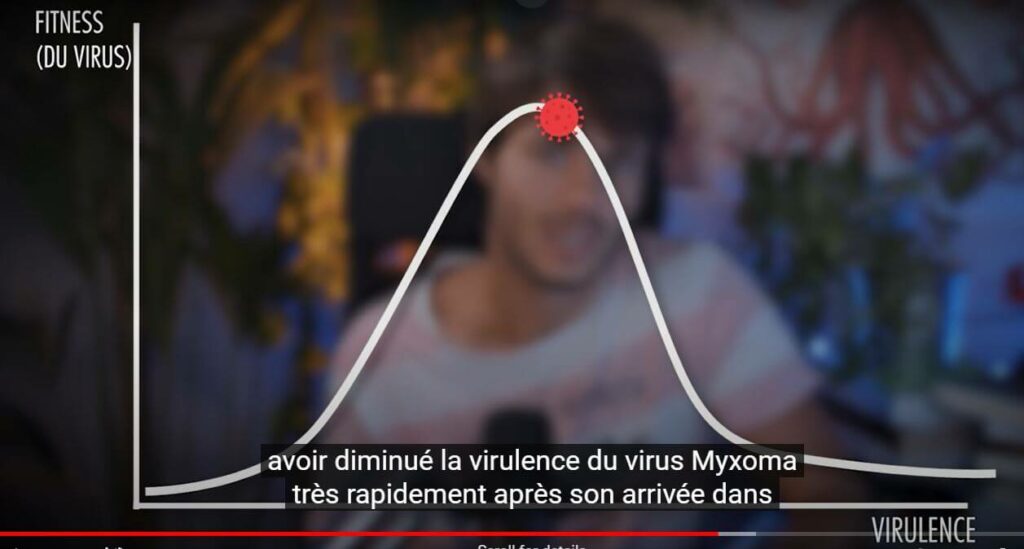Those of you with credulous friends, family and acquaintances may have been pointed to anti-vaccine misinformation over the past few months. Most are short videos, starting on TikTok or Instagram, and rely on decontextualised snippets of information from news or other reports.
A BBC report has blown the whistle on funding for this kind of anti-vaccine propaganda. According to the report, prominent YouTubers were offered money to promote such material by a marketing firm, which reached out to influencers across all major platforms.
One of the YouTubers who spoke out for the BBC report is Mirko Drotschmann, a German with 1.5 million subscribers. Drotschmann makes informative 10-15 minute videos about current events, mainly targeting Gen-Y.
The other was Léo Grasset from France. Grasset is likewise a Gen-Y producer and makes popular science videos.
The two were asked to “explain … [that] the death rate among the vaccinated with Pfizer is almost 3x higher than the vaccinated by AstraZeneca” [sic]. Both described being offered what they thought were very high fees.
They were also told that the information had to be presented as their own opinion, and that the marketing firm’s client wished to remain anonymous. The last point was “a huge red flag,” according to Gasset.

A dispute has subsequently unfolded about the provenance of the campaign. A Reuters piece noted that the agency, Fazze, is a subsidiary of UK-based firm AdNow. For its part, The Guardian claimed the agency had “Russia connections.”
The French YouTuber Gasset called Fazze “a Russian agency,” but also thought a rival pharmaceutical company to Pfizer was the most likely culprit. Gasset speculated that other influencers would become “spokespersons for what appears to be a trade dispute in this specific case.”
It turns out some influencers likely did take the bait. Indian YouTuber Ashkar Techy and Brazilian Everson Zoio both posted uncharacteristic videos criticising the Pfizer vaccine, which they have since removed since the story broke.
Last week, Facebook took down hundreds of accounts on Facebook and Instagram in the Fazze campaign fall-out. The company pointed to a web of misinformation involving actors in Russia, India, Bangladesh and Pakistan.
In other words, in this day and age it’s almost impossible to pinpoint where such campaigns come from, but we do know they are bought and paid for.
Follow Christian on Twitter for more news updates.